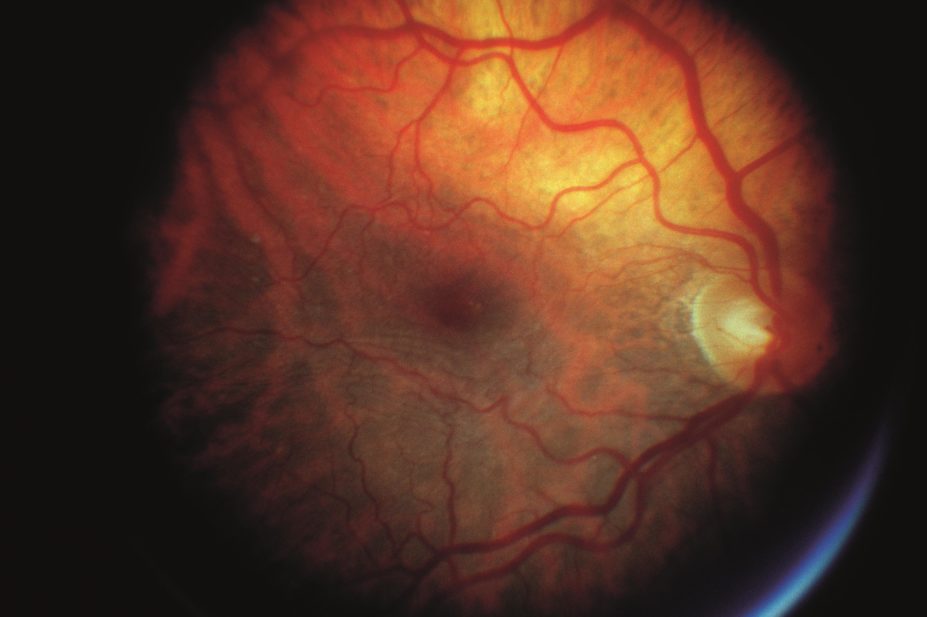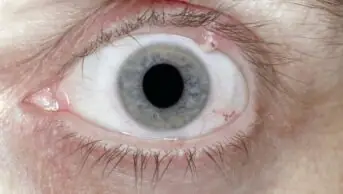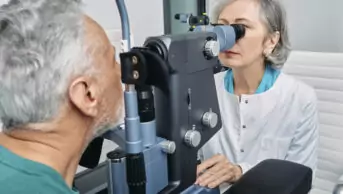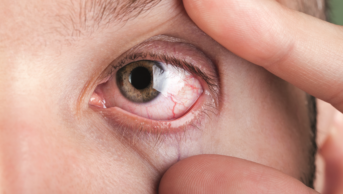
Science Source / Science Photo Library
Retinal angiogenesis is involved in several diseases that lead to blindness, including retinopathy of prematurity and age-related macular degeneration (AMD). Treatment is available in the form of VEGF inhibitors, but not all patients respond and many require repeated intraocular injections.
US researchers report in Science Translational Medicine
[1]
(online, 14 October 2015) on Vasotide, a newly developed small peptide-like agent that inhibits angiogenesis by blocking two receptors involved in vascular growth signalling. When applied as eye drops, the molecule – which is small enough to permeate to the back of the eye – was as effective as existing injectable treatments in a monkey model of wet AMD.
The researchers say it could prove to be a more convenient, safe and cost effective treatment for retinal angiogenesis than those currently available.
References
[1] Sidman RL, Li J, Lawrence M et al. The peptidomimetic Vasotide targets two retinal VEGF receptors and reduces pathological angiogenesis in murine and nonhuman primate models of retinal disease. Science Translational Medicine 2015;7:309ra165. doi:10.1126/scitranslmed.aac4882


